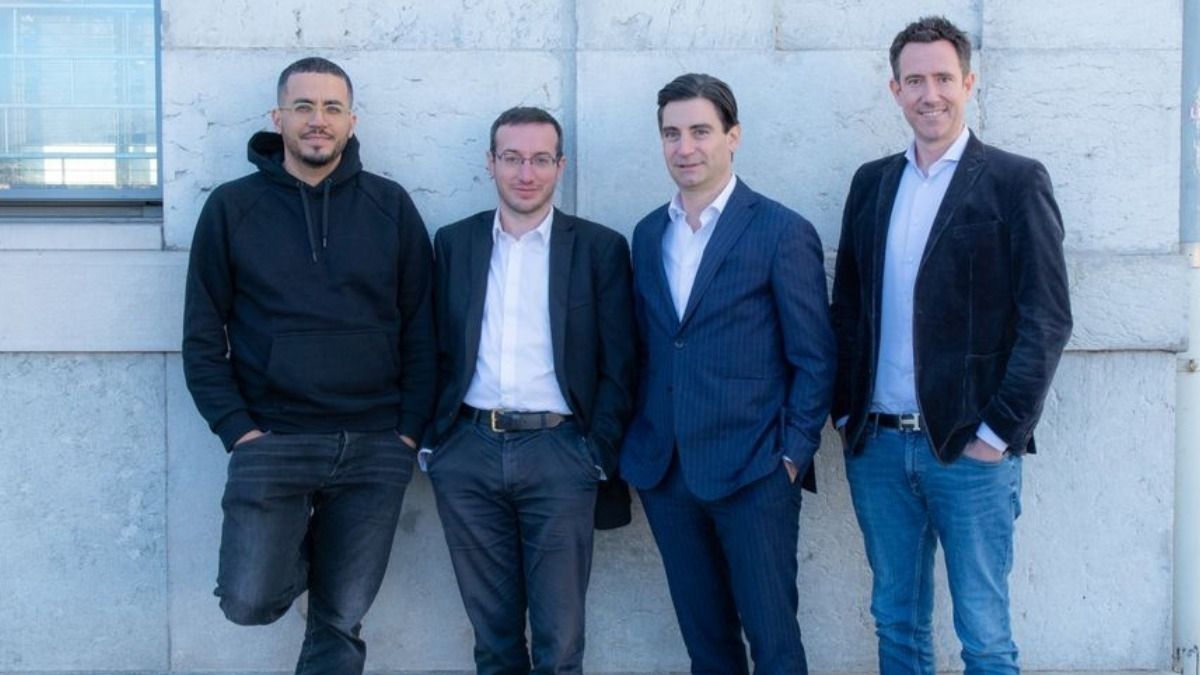Southwest Airlines Targets $4.3 Billion Revenue Boost from New Changes
Southwest Airlines is undertaking a significant overhaul of its long-standing business model, moving away from signature policies like its "Two bags fly free" offer and unassigned seating. CEO Bob Jordan announced that these comprehensive changes are projected to generate an incremental EBIT contribution of $4.3 billion by 2026, a development he described as "hugely impactful to the business and to our margins."
A key component of this transformation involves new baggage fees. Southwest has begun charging $35 for a first checked bag and $45 for a second one, although loyalty members and credit card holders remain eligible for one free checked bag. According to Jordan, these "bag fees, credit exploration, [and] changes to the loyalty program" are collectively expected to contribute $800 million to the airline's revenue.
Another major shift is the planned introduction of assigned seating, a departure from Southwest's traditional open seating policy. While this change is still described as "months away," it is anticipated to be a significant revenue driver, projected to generate an additional $1.5 billion in 2026. The move towards assigned seating is designed to encourage passengers to pay for seat selection and to offer premium options, such as extra legroom.
CEO Bob Jordan emphasized that customer preference is a driving force behind the seating policy change. "85% of the customers who won't choose us want assigned seating," he remarked, identifying it as the primary reason some travelers opt for other airlines. Jordan further elaborated on evolving customer expectations, stating, "Let's answer the question of what do customers want? And they want segmentation of the cabin. They want a variety of product offerings. They want access to premium."
The remaining $2 billion of the projected $4.3 billion gain is expected to come from a combination of cost-cutting measures and "base business changes," which include enhancements to the airline's revenue management system. These strategic shifts occur as budget airlines like Southwest have experienced declining profits since the pandemic, grappling with increased fuel and labor costs, as well as domestic overcapacity that has made it more challenging to fill planes.
Southwest's transformation also comes amidst pressure from activist firm Elliott Investment Management. The announced changes have been met with enthusiasm from Wall Street. Southwest's share price has surged by over 20% in the past month. Reflecting this positive sentiment, Deutsche Bank analysts upgraded the airline's stock from a Hold rating to a Buy on Thursday, stating, "Southwest is in the middle of the largest transformation in company history and we are confident that its new board and management team will execute its transformation plan with considerable success."











